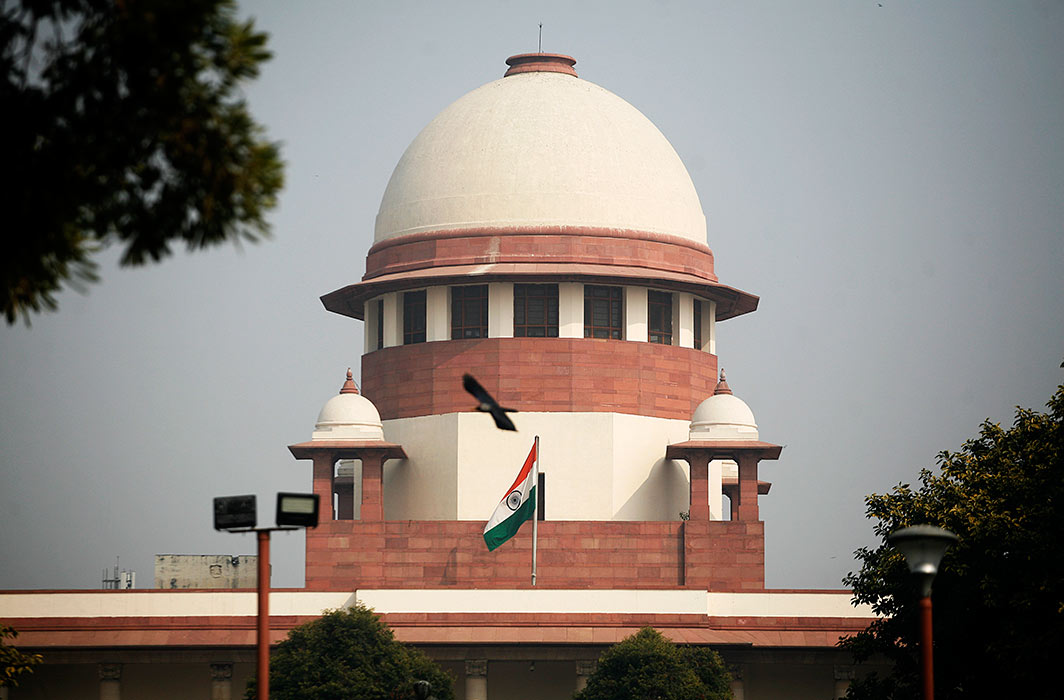"Citizens cannot be at mercy of authorities/administration": Supreme Court upholds NCDRC Order granting compensation to passenger for delayed Train

The Supreme Court has held that if railways fail to provide evidence and explain late arrival of a train and that if it is unable to establish that delay occurred because of the reasons beyond its control, they would be liable to pay compensation to the passenger.
The Supreme Court's bench of Justice MR Shah and Justice Aniruddha Bose has upheld the order passed by the National Consumer Disputes Redressal Commission, New Delhi.
"Citizen/passenger cannot be at the the mercy of the authorities/administration. Somebody has to accept the responsibility", the Bench remarked.
The National Consumer Forum had confirmed the original order passed by the District Consumer Disputes Redressal Forum, Alwar in which it had allowed the complaint filed by the respondent, directing the Northern Western Railway to pay Rs. 15,000/- for taxi expenses, Rs.10,000/- towards booking expenses along with Rs. 5,000/-, towards mental agony and litigation expenses.
Thus the bench rejected the SLP filed by the Northern Railways.
The original complainant before the Consumer forum (respondent before Supreme Court) had contended that since there was a delay in the arrival of the Ajmer Jammu Express Train by four hours, he missed his connecting flight which had booked, keeping in mind the schedule of the train. As a result of the same, he was forced to travel to Srinagar by taxi and resultantly, he suffered losses.
Additional Solicitor General Aishwarya Bhati had contended before Top Court that the delay in trains could not come under "deficiency of services" within the Consumer Protection Act.
For this purpose, she relied on Rule 114 and Rule 115 of the Indian Railway Conference Association Coaching Tariff No. 26 Part-I (Volume-I), which stated that there shall not be any liability of the railways to pay compensation for late running of train.
What the Bench held?
Top Court observed that since no evidence was led by railways explaining the delay and/or late arrival of train at Jammu, the railways were required to lead the evidence and explain the late arrival of train to establish and prove that delay occurred because of the reasons beyond their control. At least the railways were required to explain the delay which the railways failed.
"It cannot be disputed that every passenger's time is precious and they might have booked the tickets for further journey, like in the present case from Jammu to Srinagar and thereafter further journey."
- Supreme Court
Court further observed that in the days of competition and accountability, if the public transportation has to survive and compete with private players, they have to improve the system and their working culture.
Cause Title: Northern Western Railway and Another v. Sanjay Shukla
